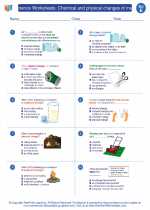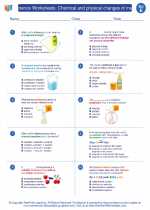What is Static Friction?
Static friction is the force that prevents two stationary surfaces from sliding against each other. It is caused by the microscopic roughness of the surfaces, which interlock and create resistance to motion.
Factors Affecting Static Friction:
- Surface Roughness: The rougher the surfaces, the greater the static friction.
- Normal Force: The force with which the surfaces are pressed together affects the magnitude of static friction.
- Materials: Different materials have different coefficients of static friction, which determines the strength of static friction between them.
Coefficient of Static Friction:
The coefficient of static friction is a measure of how difficult it is to start an object moving relative to another surface. It is represented by the symbol μs and is a dimensionless quantity specific to the combination of materials in contact.
Formula for Static Friction:
The force of static friction (Fs) can be calculated using the formula: Fs = μs * N, where μs is the coefficient of static friction and N is the normal force pressing the surfaces together.
Applications of Static Friction:
Static friction is essential for many everyday activities, such as walking, driving, and gripping objects. It is also important in engineering and design, where understanding and managing friction is crucial for creating effective and safe products.
.◂Science Worksheets and Study Guides Fifth Grade. Science Worksheets: Chemical and physical changes of matter

 Worksheet/Answer key
Worksheet/Answer key
 Worksheet/Answer key
Worksheet/Answer key
 Worksheet/Answer key
Worksheet/Answer key
 Vocabulary/Answer key
Vocabulary/Answer key
